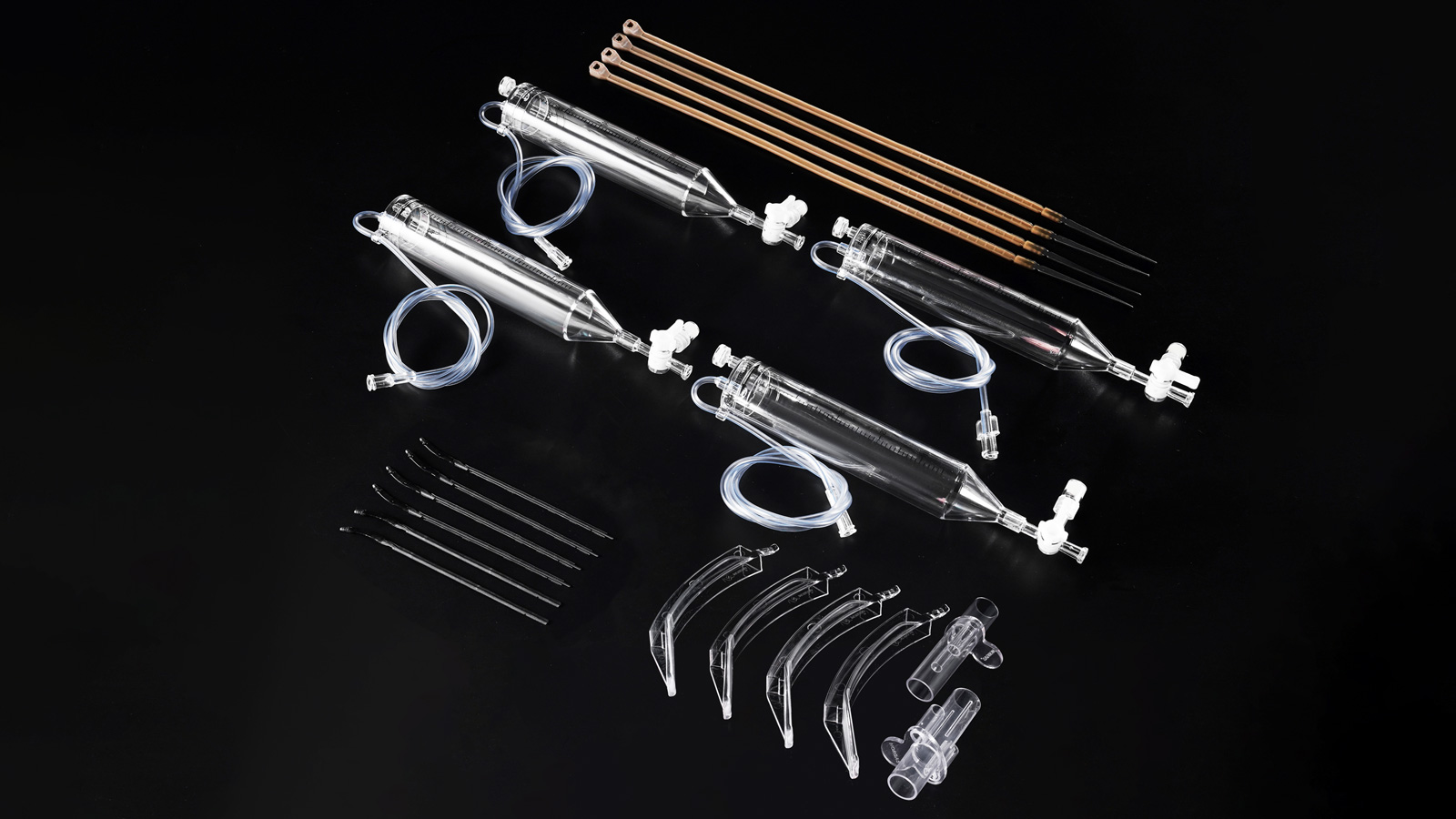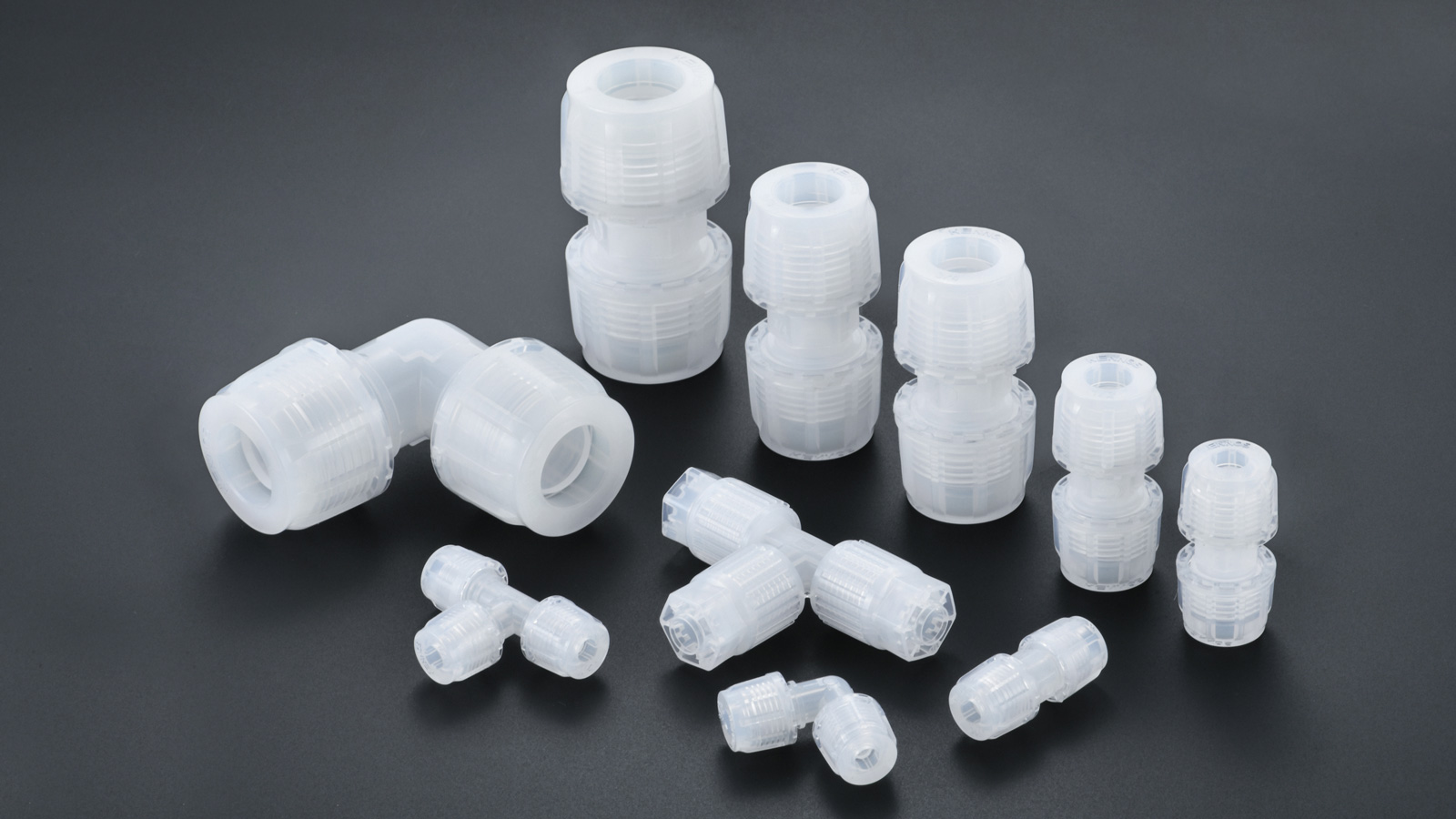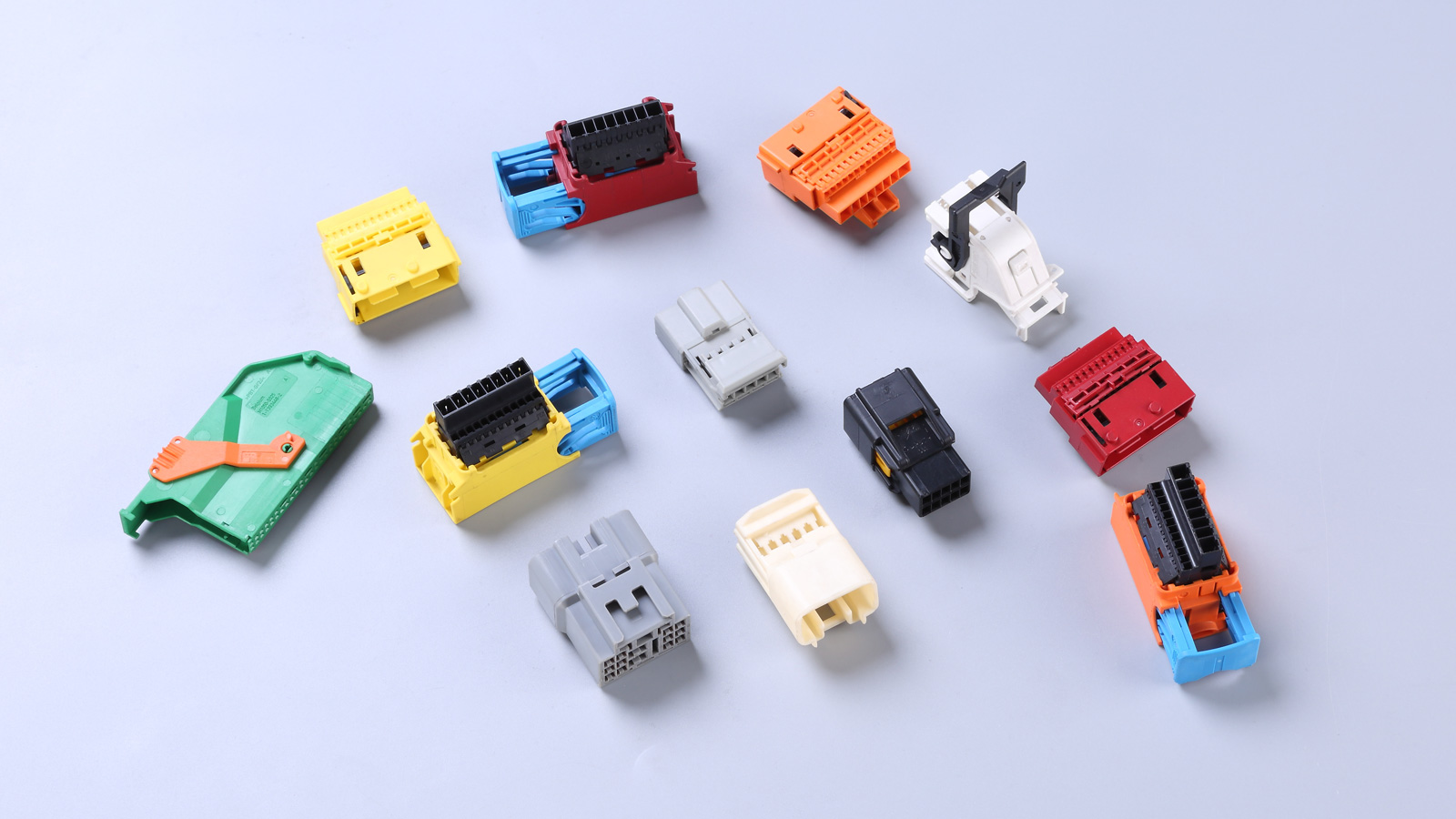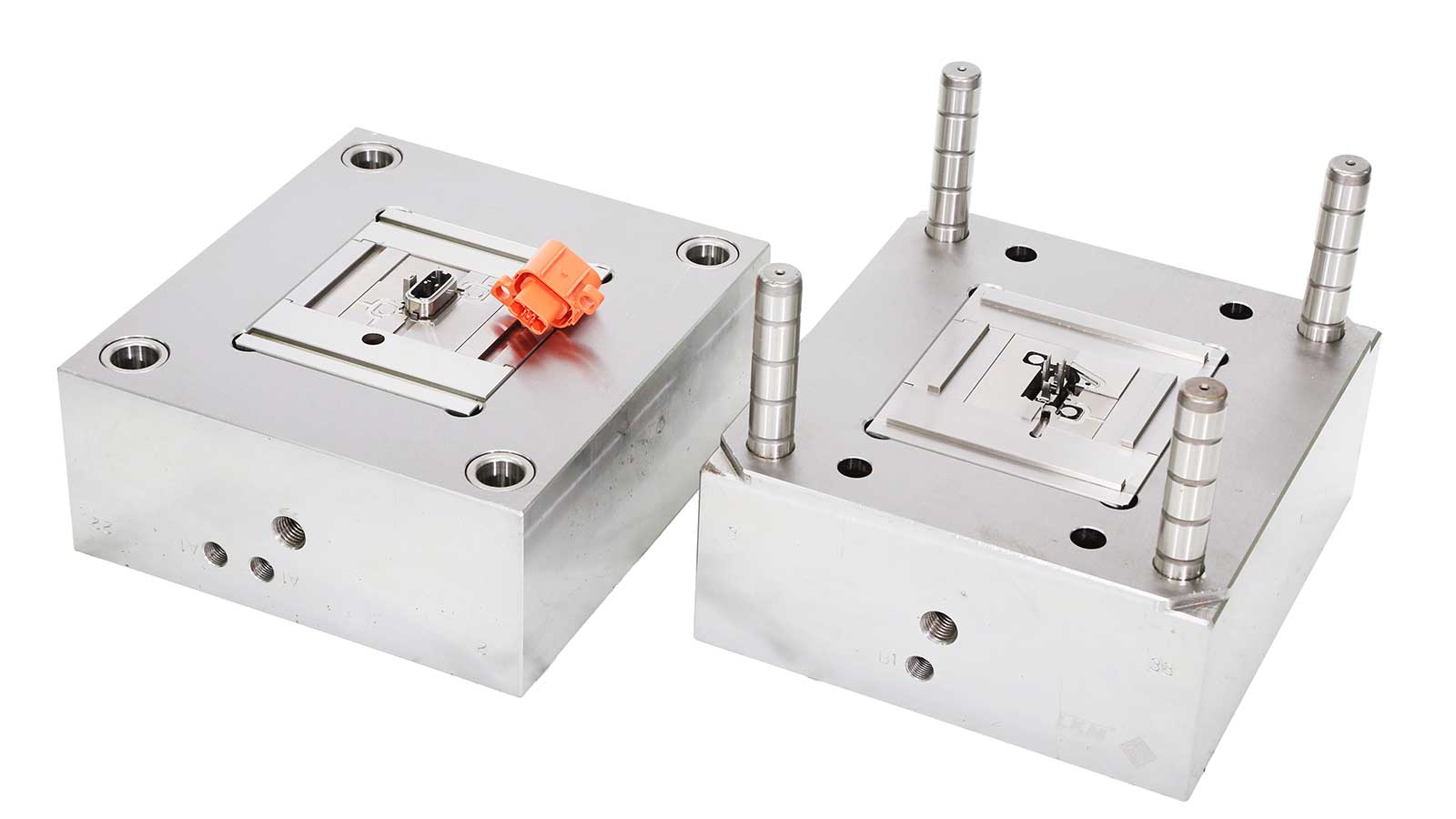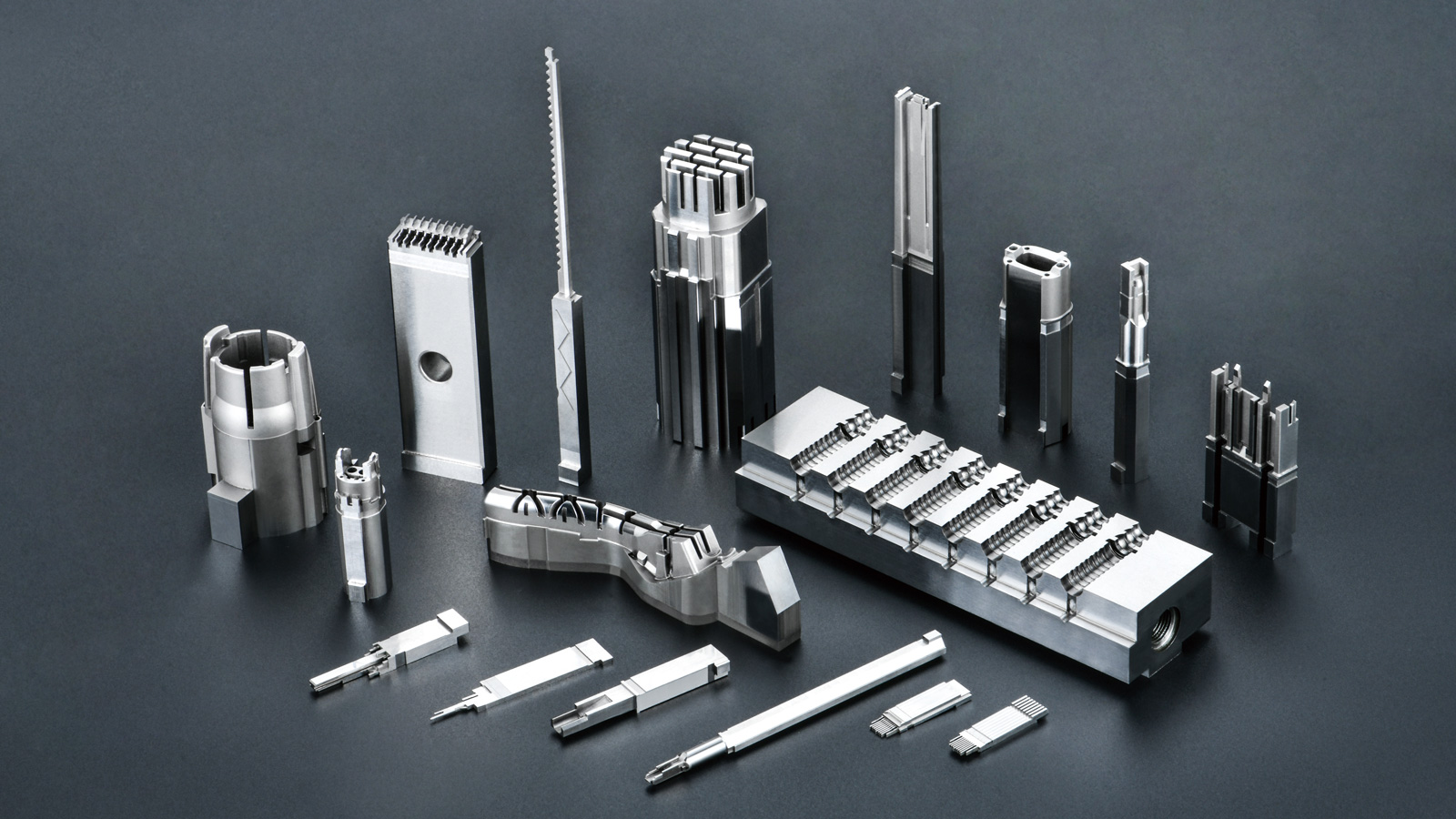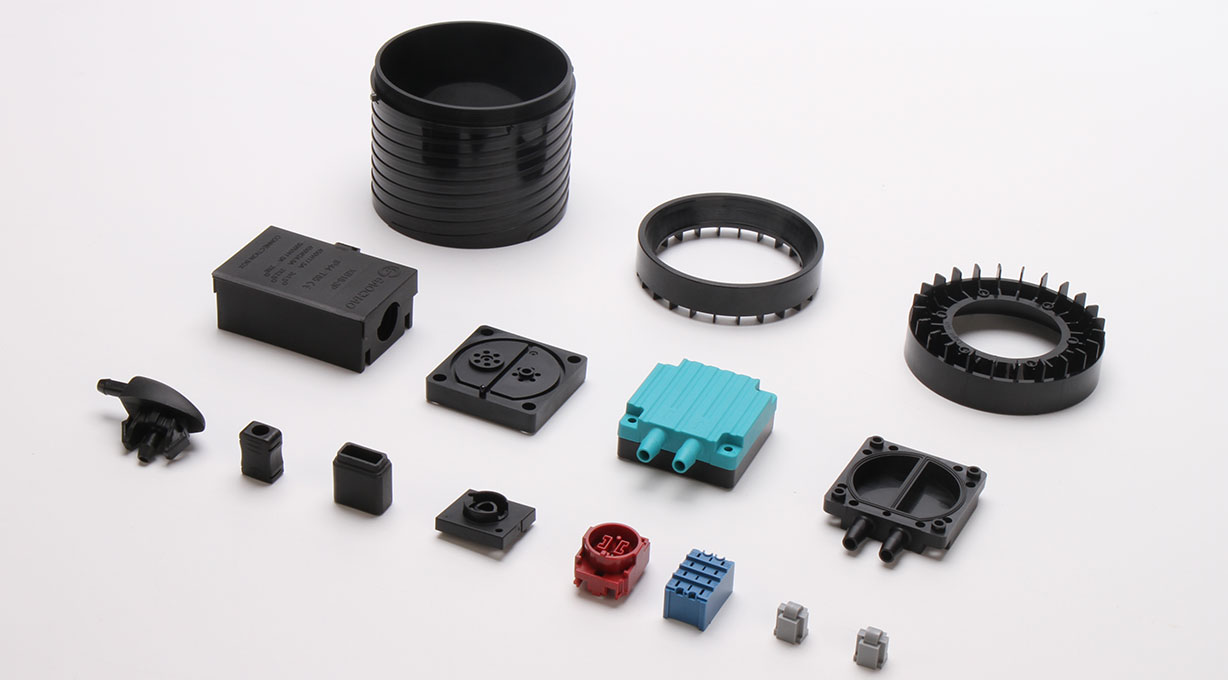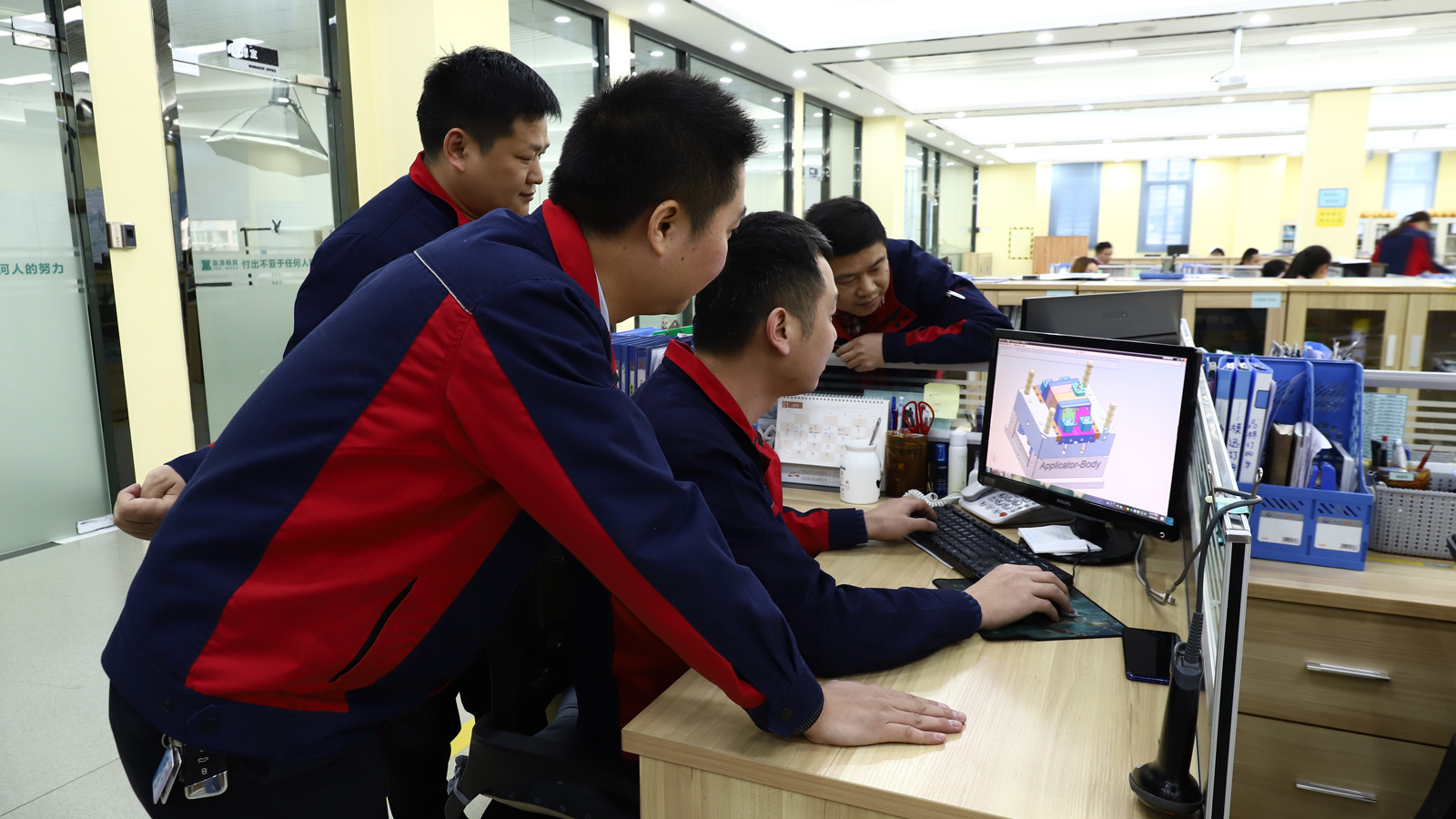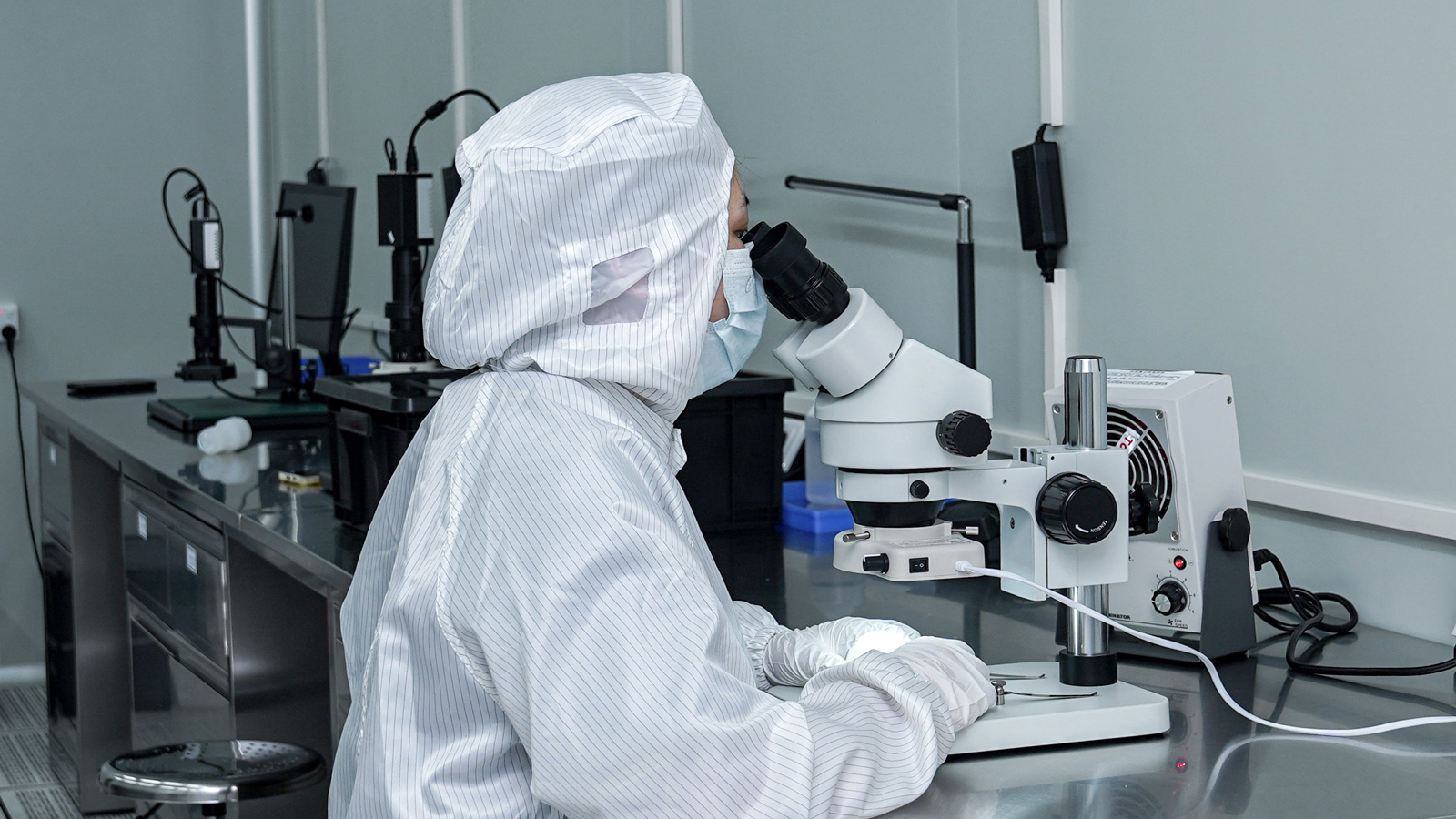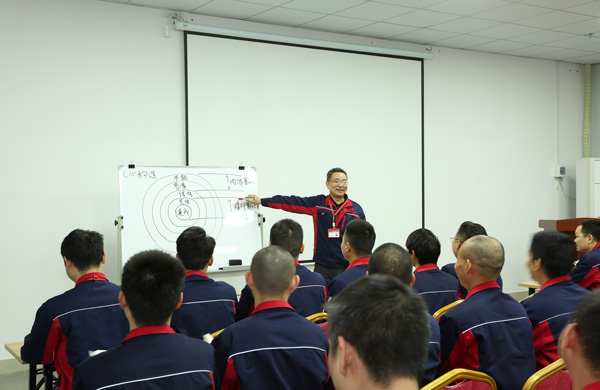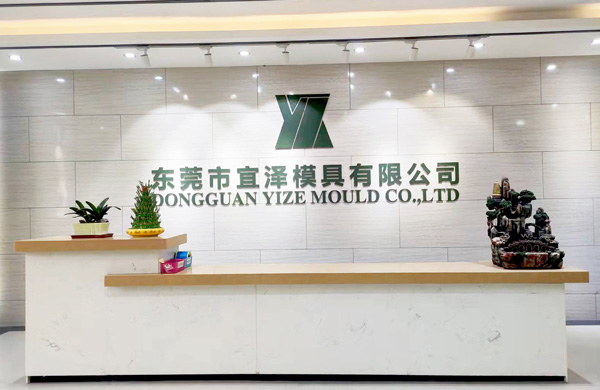Injection molding may seem simple on the surface, but it actually involves a great deal of subtlety. Simply put, injection molding involves heating thermoplastic resin to its melting point and then injecting it into the cavity of injection molds to create a part with a specific geometric shape. After that, the part is allowed to cool in the mold until it becomes sufficiently solid and stable, thus taking shape.
However, a common and troublesome issue often arises in actual injection molding production processes – weld lines. Weld lines are formed when two or more plastic flow fronts collide and then solidify during the molding process. Essentially, this occurs because when several plastic melts converge in the mold cavity, they do not fully fuse together at the junction, and thus cannot form a single entity, resulting in a fusion mark.
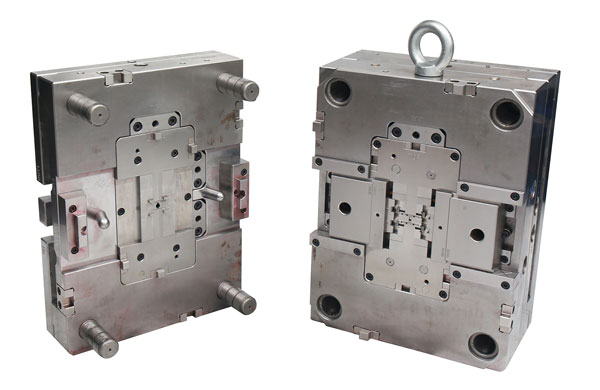
Some thermoplastic resins, such as ABS and filled resins, have relatively low flow rates and are more prone to developing weld line problems. Although the presence of weld lines does not damage the structural integrity of plastic parts, it seriously affects their appearance and, to some extent, also has an adverse impact on their mechanical properties.
So, how can we eliminate weld lines? Here are some practical methods:
- Material Selection: Prioritize the selection of materials that are less likely to form weld lines. Different materials have varying flow and fusion characteristics during the injection molding process, and choosing the right material can reduce the occurrence of weld lines from the source.
- Wall Thickness Design: Avoid significant differences in wall thickness of plastic products. Uneven wall thickness can lead to inconsistent flow rates and pressure distribution of plastic in the mold cavity, thereby increasing the likelihood of weld lines. Reasonable wall thickness design allows plastic to flow uniformly, which helps reduce weld lines.
- Process Adjustment: Adjust the injection pressure and injection speed to improve the fusion performance of the molten material. Adjusting the injection pressure and speed can affect the flow state of the plastic. Appropriate pressure and speed enable better fusion of the molten material, reducing the occurrence of weld lines.
Here, it is worth mentioning Dongguan Yize Mould Co., Ltd. Established in 2007, the company is headquartered in Dongguan, the capital of the manufacturing industry, where transportation and logistics are very convenient. Yize Mold is an enterprise that has been deeply engaged in precision mold design and manufacturing as well as precision injection molding product production for many years. The company specializes in areas such as automotive connectors, medical product injection molding, cleanroom injection molding, and PFA custom injection molding. It can provide customers with a complete set of solutions from product design, precision mold manufacturing, injection molding and assembly to after – sales service. If you encounter problems such as weld lines in the injection molding production process or have related business needs, please feel free to contact us at +86 13302615729 (WeChat and Whatsapp with the same number).
